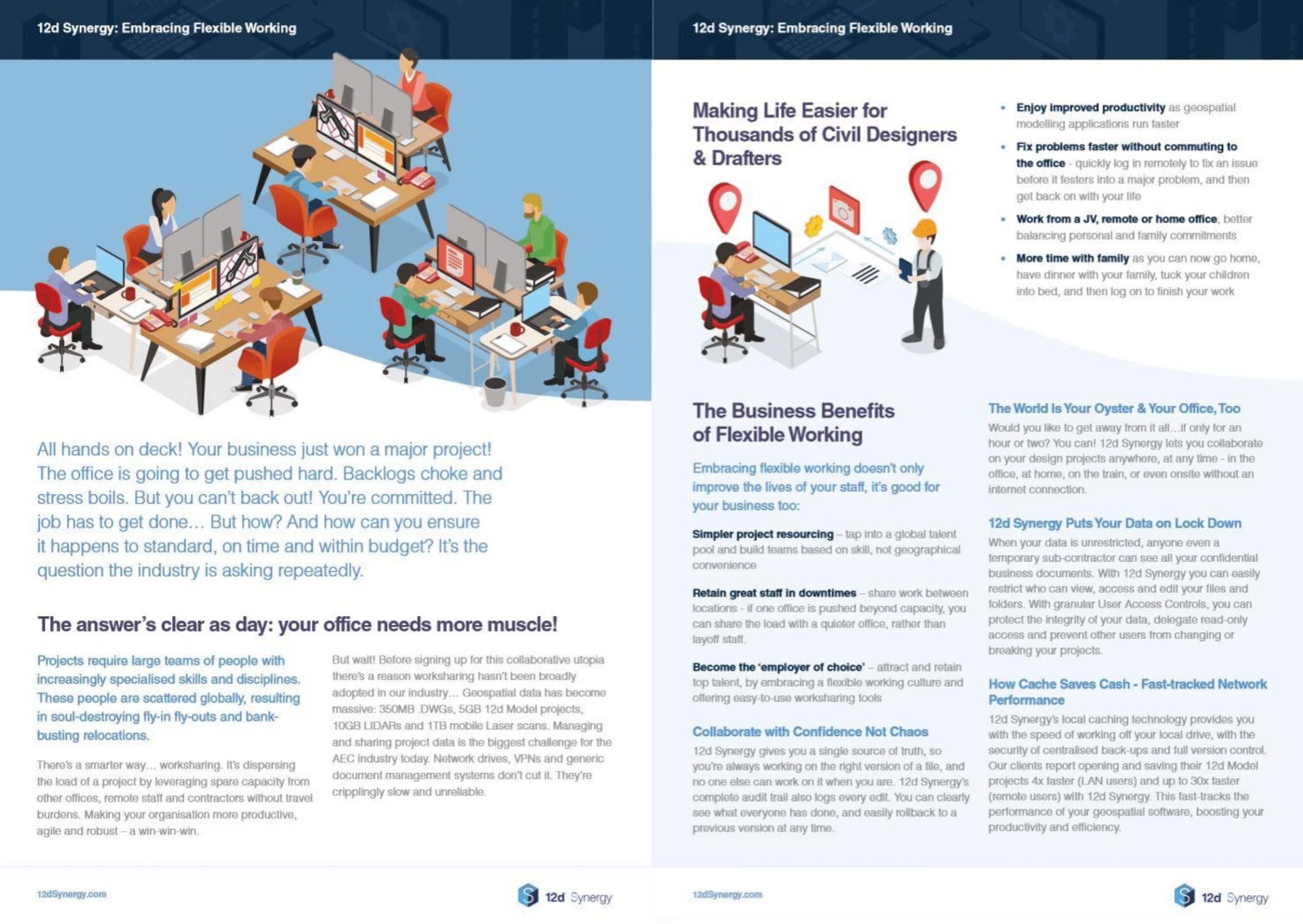8 Ways Remote Workers Can Outperform Office Workers

Another early morning. Startled, the relentless drone of your alarm drags you out of bed- again. How you hate that sound. It’s still dark outside. After pouring yourself a coffee still half asleep you fumble at the TV remote. On the third try you finally press the power button. It’s the news…
Buses cancelled. Trains delayed. Traffic backed up for miles. The reporter tells you to “expect delays”. Yeah- go figure…
For many working from home is a distant dream. A fantasy. One of those ‘too good to be true’ things. But it isn’t. In fact more and more and more people are starting to ‘telecommute‘ to work. The emergence of new worksharing and collaboration technologies has enabled just about anyone to work from just about anywhere.
Here’s 8 Ways Remote Workers Can Outperform Office Workers
1. Enhanced productivity
Okay I know what you are thinking… Surely being at home with your television next to you, your phone buzzing away on your desk and your boss nowhere to be seen; surely this would HINDER productivity. It definitely wouldn’t ENHANCE productivity. But hear me out.
Remote workers avoid the hassle of general office distractions, idle co-workers chit-chat and being dragged into unnecessary (and unnecessarily long) meetings. Remote workers can work in the environment which suits them best- making them both happier and more productive.
2. More time
Remote workers have much more time to spend working. They avoid the daily grind of commuting. Imagine saying farewell to your early morning 6am commute! It would give you back hours and hours to do the things YOU love. Not to mention road congestion and car pollution is also reduced.
3. More money in your back pocket
Every day you avoid commuting to the office is more money in your back pocket.
The average commuter in Australia spends $12,000 per annum in car ownership and running costs, with New Zealanders forking out around $11,800 per annum. The price of parking can range anywhere between $2,000 and $9,000 annually. Public transport commuters you will save upward of $1,200 compared to your driving counterparts but there’s still around $2,000 per year which you spend just getting to work.
How much would you save if you didn’t need to commute to the office everyday?
4. Increased collaboration
Despite working in a distributed environment, remote workers actually make great teammates. Distance demands increased communication between staff. The freedom of being able to drop in on co-workers when issues arise has been somewhat taken away, remote workers must then reach out to one another more often and with purpose. Long distance Skype calls and video chats are typically more structured, have a set agenda and tend to skip over the points that don’t matter as much. All of this means your collaboration is more efficient and more effective.
5. Greater flexibility of time
Remote working generally means improved better work-life balance. Remote workers are able to adapt their workflows around other life commitments. This means spending more time with your family and feeling less stressed and more focused with your work.
6. Illness
Remote staffs typically take less sick days. Staff sometimes need to take sick days to avoid spreading the illness throughout the office, however in some cases they feel like they can be productive enough to return to work. In this scenario the remote staffer is free to return to work sooner without the risk of causing an office breakout. We also see that remote staff typically return to work faster from surgery or medical issues by removing the inconvenience of commuting and navigating around the office.
Remote staff seem to have the freedom to return to work earlier, and gain normality faster.
7. Gained Independence
Some remote staff take great pride in their newly granted independence. They feel an obligation to repay the trust and as a result can see an improvement in output. Through this independence they can further their skills problem identification and solving skills and be more proactive to find what they require on their own.
8. Technology
You no longer NEED to go into the office. The technology to set up remote civil designers is available right now!
Learn more: Download our FREE worksharing ebook today!


Author